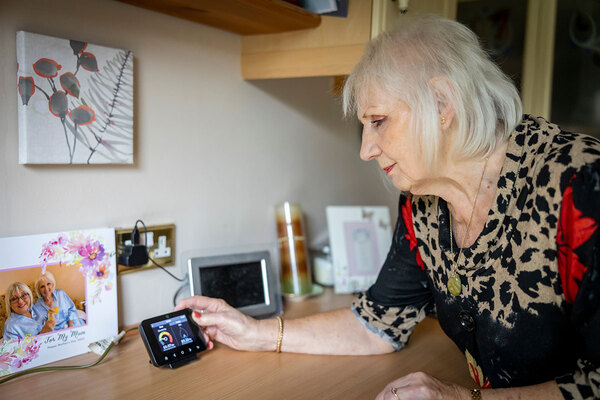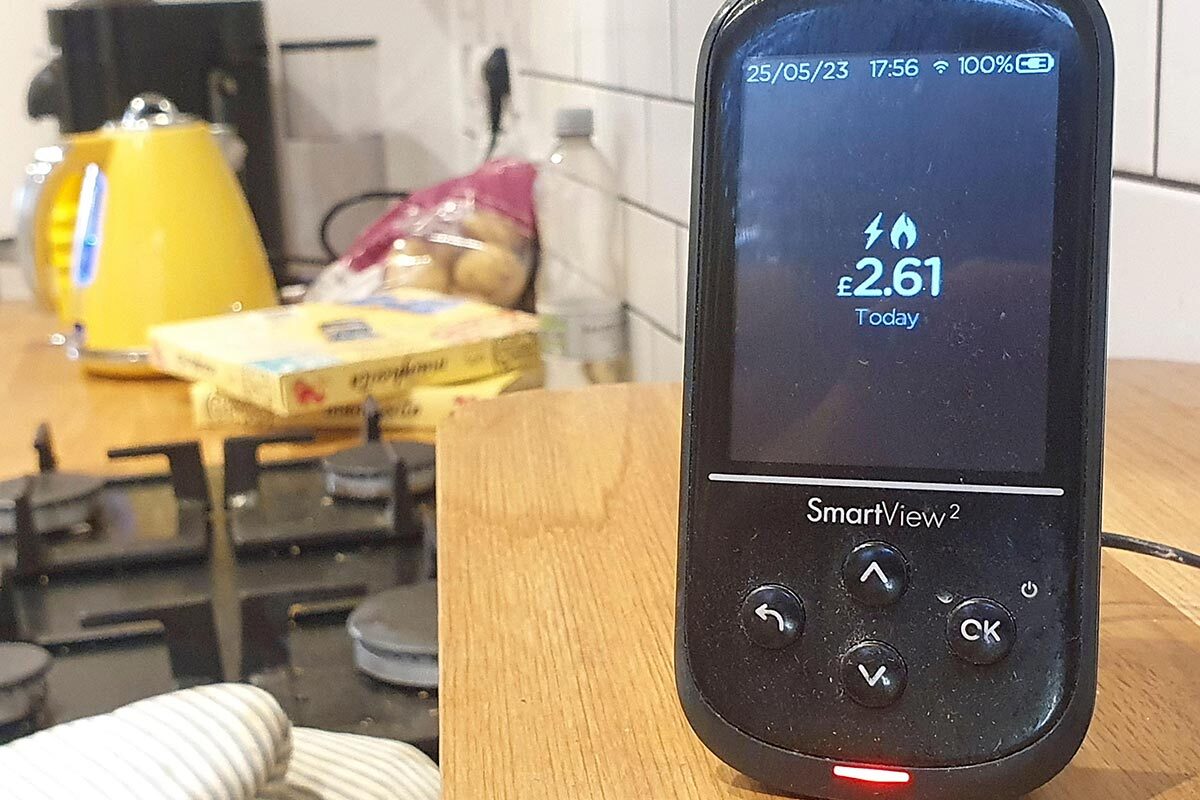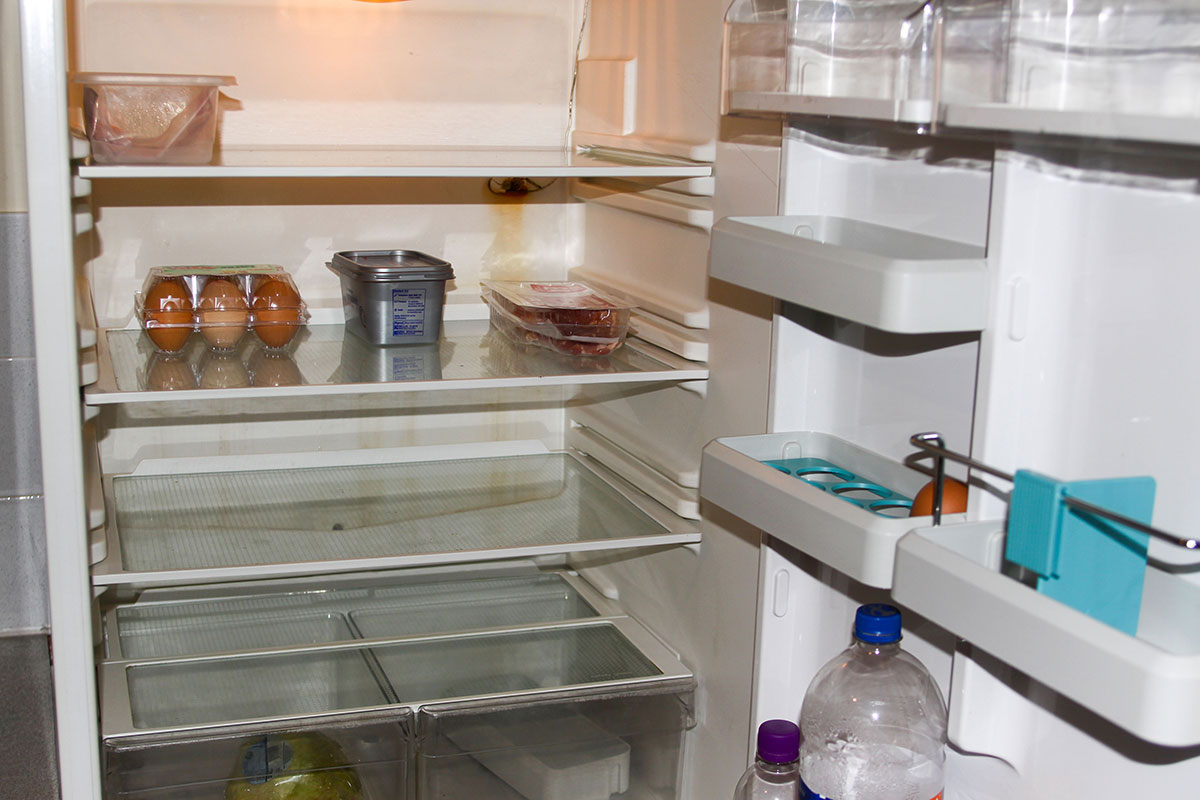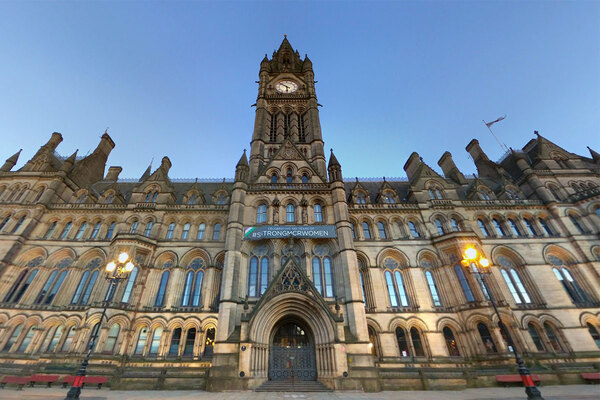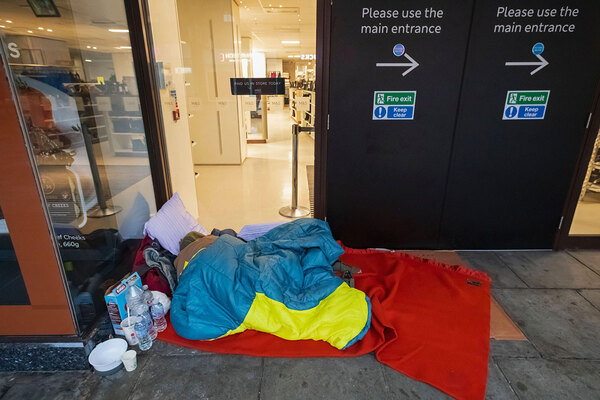You are viewing 1 of your 1 free articles
Public support for social tariff on energy bills rises by nearly 20 percentage points
Support among the public for a social tariff to be levied on energy bills has jumped by almost 20 percentage points, a new survey has shown.
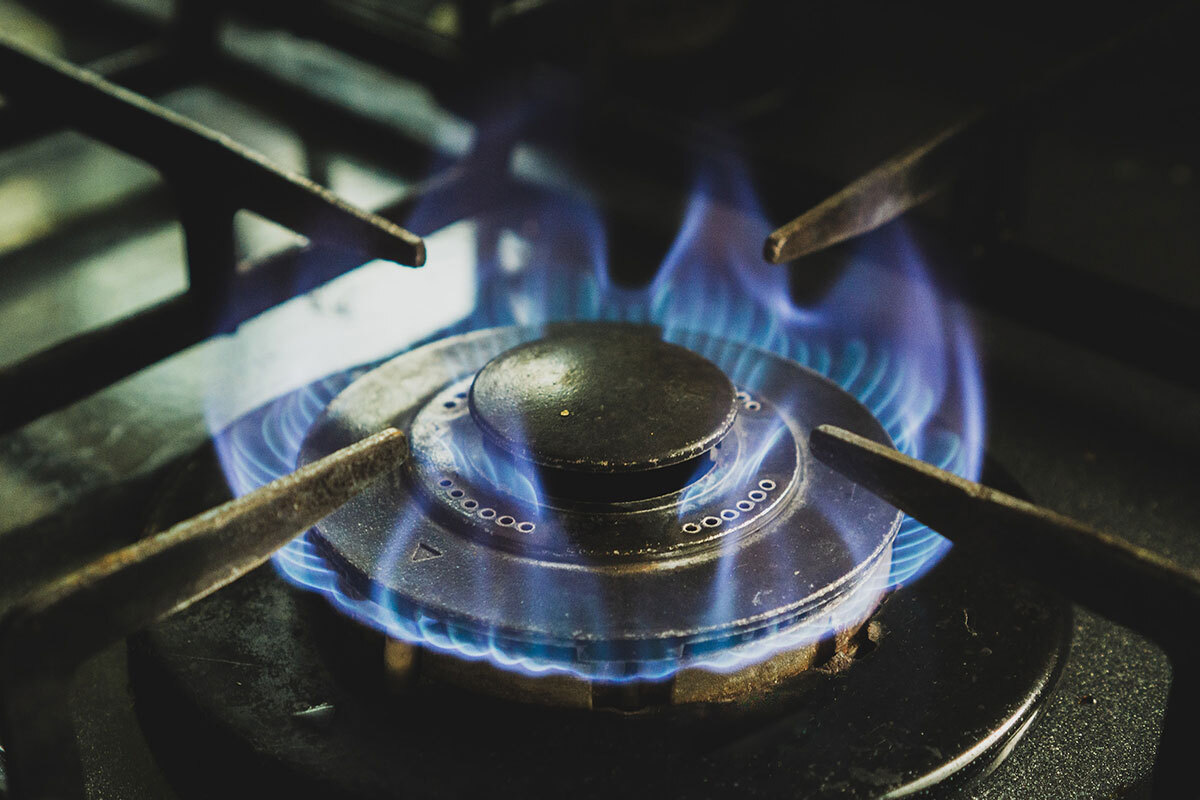
Three-quarters of those surveyed now back the move compared with the 57% who supported it before the general election, according to a poll carried out by Opinium for the Warm this Winter campaign.
The social tariff would give a discount on energy bills to low-income households struggling to heat their homes.
The new figures come from an online survey of 2,014 “nationally and politically representative” UK adults that was conducted between 7 and 8 October.
The poll also revealed that 78% thought a social tariff should be made available to older people, in the wake of the government’s recently announced changes to the Winter Fuel Payment scheme. This means only people receiving pension credit or other benefits will continue to get the payments.
Most of those polled backed the social tariff being paid for by the energy industry or splitting the cost between the sector and general taxation, but there was limited support for it to be funded by spreading the costs across other bill payers.
The poll also revealed that 12% did not know whether they backed the move and 13% opposed the plan.
Caroline Simpson, campaign manager of Warm this Winter, said: “The public believe that a social tariff must be implemented and this needs to be done as soon as possible to avoid more scenes of vulnerable people living in cold damp homes every winter.”
She added that while the long-term plan should be for homes to be insulated and ventilated to reduce energy use, “in the meantime, we must ensure we protect the most vulnerable people in our society from the continuing high cost of energy driven by volatile gas prices”.
Simon Francis, co-ordinator of the End Fuel Poverty Coalition, said: “The government must now prioritise delivering a social tariff while its longer-term reforms to boost renewables and its Warm Homes Plan have the time needed to deliver results.”
The survey also revealed high levels of support for the social tariff going to people who have respiratory diseases or disabilities and those who are financially vulnerable.
David Southgate, policy manager at disability equality charity Scope, said: “Disabled people have to spend more of their income on energy and continually face eye-watering bills.
“Disabled households are now beyond breaking point. They have cut back everything they can and are increasingly forced into unmanageable debt.”
A government spokesperson said: “We will do everything possible to support vulnerable families this winter – including with the £150 Warm Home Discount, expected to support three million eligible households, and our drive to boost pension credit, which has already seen a 152% increase in claims.
“The minister for energy consumers has met with suppliers and asked them to build on the voluntary debt commitment for this winter to ensure people are supported with their bills.”
“We have also extended the household support fund to prevent a cliff edge for struggling households this winter and recommend that anyone struggling to pay for their essentials contacts their council to see if they are eligible for this support,” the spokesperson added.
Shortly before the election, housing bodies across the UK called on the next government to introduce a new social tariff for tenants struggling with bills.
In February, older people charity Age UK found that a social energy tariff would have lifted 2.2 million households out of fuel poverty over the winter.
While in July 2023, a report from the Chartered Institute of Housing called for a targeted tariff that would see people on the lowest incomes able to afford heating regardless of Ofgem’s price cap.
Sign up for our care and support newsletter
Already have an account? Click here to manage your newsletters
